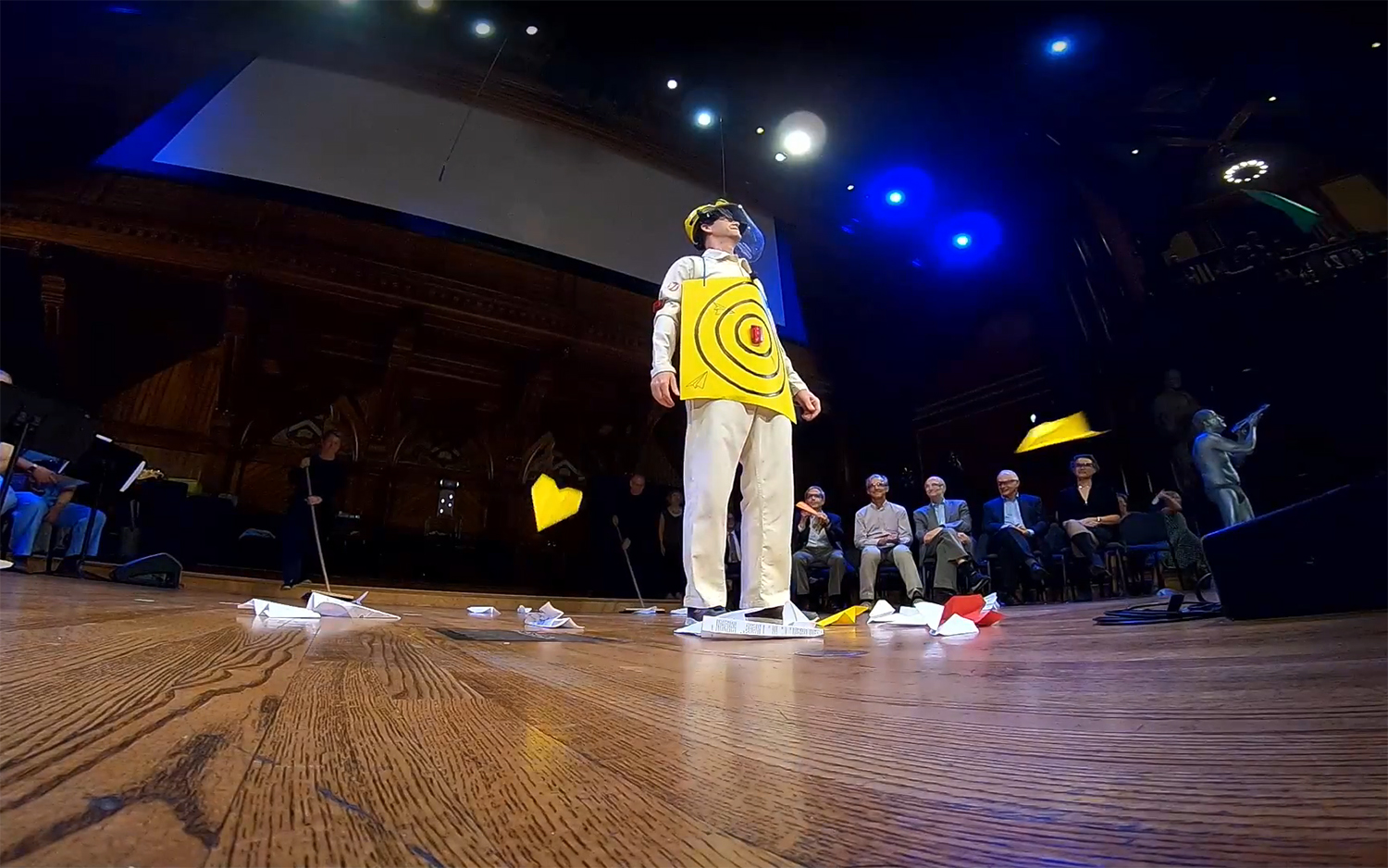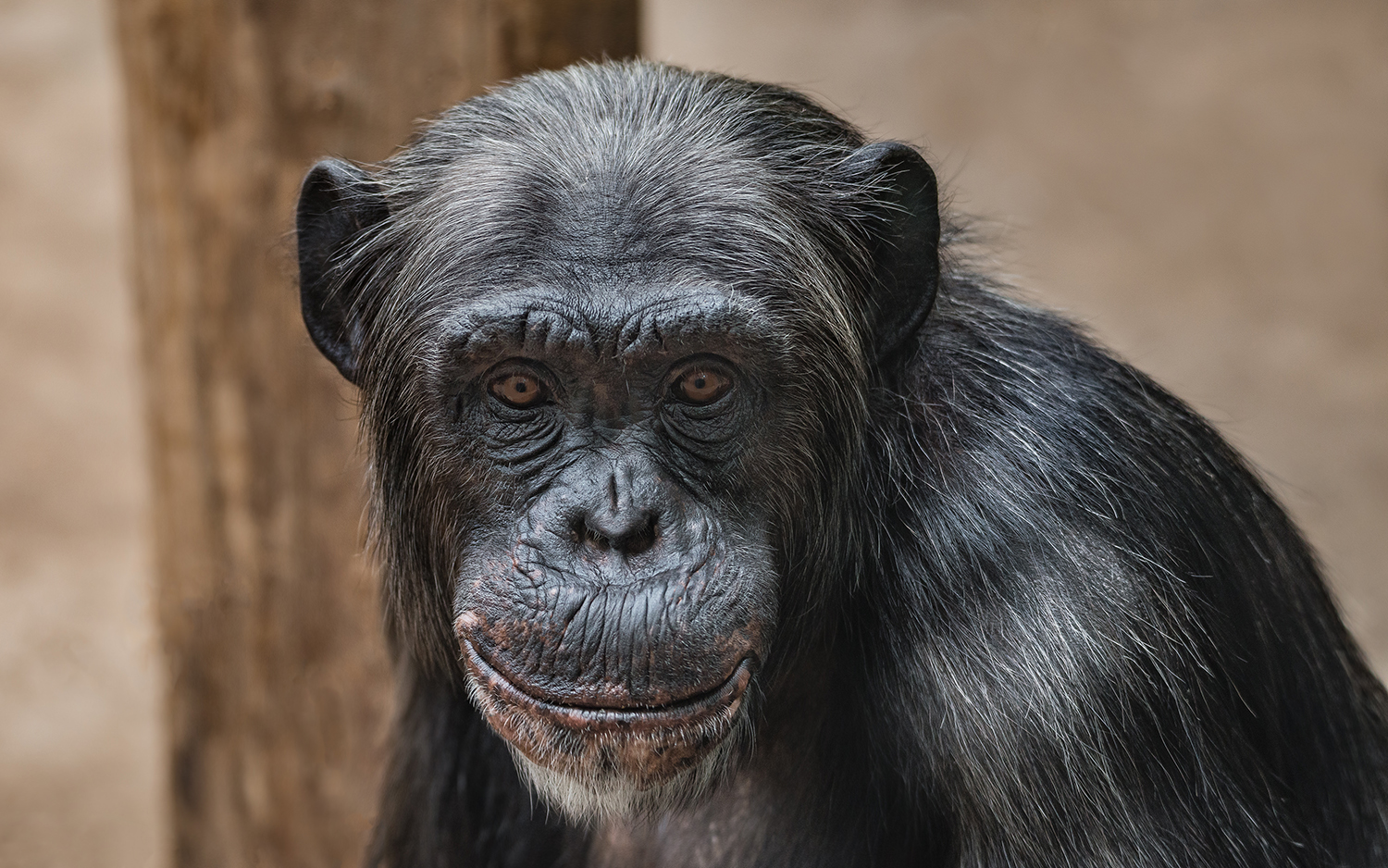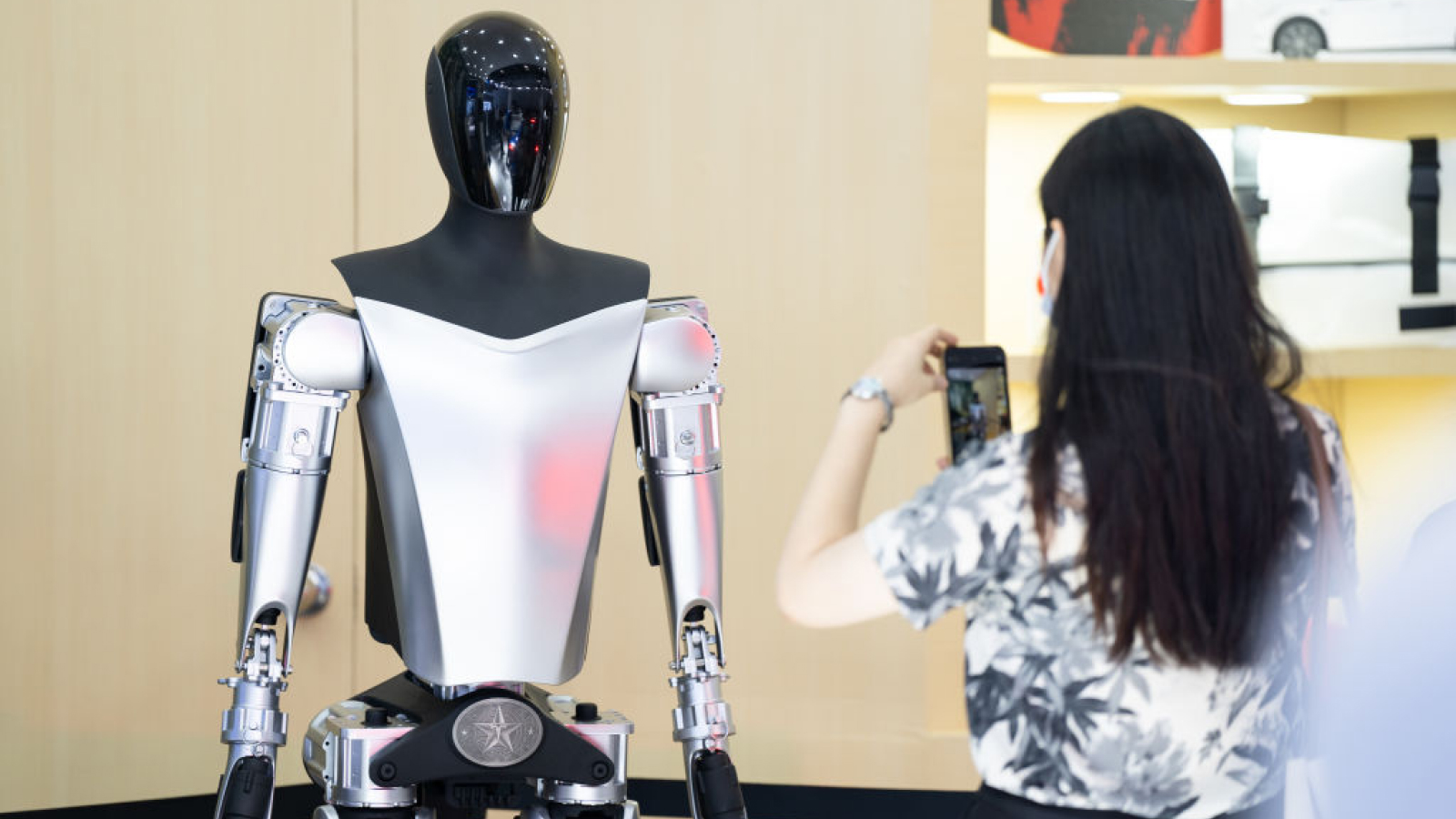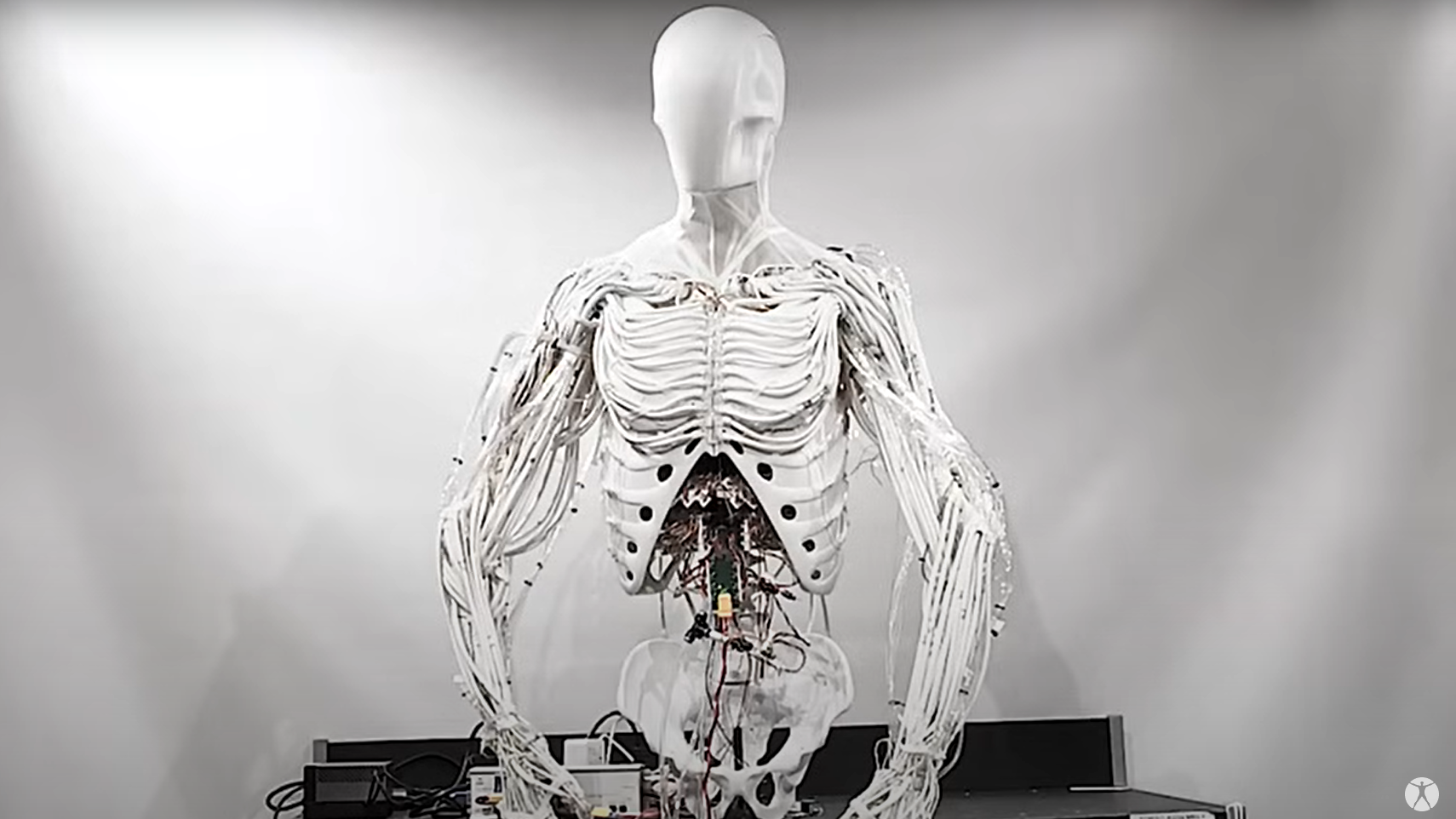Cannibal Nutrition and Self-Colonoscopies Win Accolades at the 2018 Ig Nobels
A night to remember

Scientists from around the world gathered at Harvard University on Sept. 13 to accept unconventional prizes for their highly unusual research. The 2018 Ig Nobel Prize ceremony took place at 6 p.m. ET, awarding the scientific efforts of 10 teams. Their research might sound ridiculous, but it represents rigorous investigation and delivers fascinating findings. Of all the peculiar studies submitted for consideration this year, here are the dedicated weirdos that came out on top.
Bumpy ride

The winner of the 2018 Ig Nobel in medicine was a study that had its ups and downs; the scientists questioned whether the high-speed twists and turns of a roller coaster would be able to effectively dislodge a kidney stone.
The researchers placed actual kidney stones of different sizes in an anatomic model of a human renal system, suspending the stones in human urine. Next, they sent the model on 20 roller-coaster rides on Walt Disney World's Big Thunder Mountain Railroad in Florida. They discovered that seat position made a big difference — 23 of 36 stones passed when the model was seated at the back of the cars, while only four of 24 stones were dislodged when the model was sitting in the front.
The imitation game

When people visit chimpanzees at the zoo, they often "ape" their primate cousins, imitating their facial expressions and gestures. The winners of the 2018 Ig Nobel in anthropology reported that chimps in zoos indulge in a similar pastime, imitating people about as frequently and as accurately as their human audiences.
Their findings suggested that both humans and chimps copied the others' moves more often when they were physically closer to each other. Humans' imitations of chimpanzees were generally more accurate than the chimps' versions of human behavior. And when both humans and chimps recognized that they were being imitated, they responded in kind 36 percent of the time, the scientists found.
Scent of a fly

If a fly landed in your glass of chardonnay, could you taste the difference? Winners of the Ig Nobel Prize in biology demonstrated that wine experts could reliably detect the presence of a fruit fly in their vino — by the taste the flies left behind in the wine.
In the study, eight participants tasted wine. In some of the glasses, a fruit fly had been kept in the empty glass for 5 minutes prior to the test. The scent produced by female fruit flies was found to be so potent that the tasters could identify its flavor even in minuscule amounts when it was present in their wine.
Spit take

Unlike many types of cleaning supplies, human saliva is nontoxic and environmentally safe to use. Many people use it intuitively to clean their glasses, but is it actually effective at cleaning dirty surfaces? Turns out, it is, according to the study that won the Ig Nobel Prize in chemistry.
In tests with a variety of cleaning agents — including saliva — scientists reported that human spit was the most effective method for cleaning gilded sculptures dating to the 18th century.
Self-colonoscopy

Sometimes, in the pursuit of science, you have to look deep within yourself. And that's exactly what the winner of the Ig Nobel for medical education did — he boldly probed the optimal positions for colonoscopies, by performing them on himself.
While colonoscopies are frequently executed with the patient in a prone position, the "personal" experience of the researcher revealed that a self-colonoscopy, performed while seated, was "surprisingly easy." Though ideally, the procedure would include a specially designed chair, the scientist added in the study.
RTFM

You would think that if someone had to complete a complicated task that came with a manual, that person would probably read those instructions before getting started. But you'd be wrong. People tend to ignore instructions — even when those instructions are readily available and when they would clearly make the job at hand a lot easier, researchers discovered.
In a study that won the Ig Nobel for literature, researchers gathered data from surveys issued to 170 people over seven years and found that the majority of people ignore manuals and that most do not use all of the features in the products that they acquire. People who were highly educated were also highly likely to not use manuals, and younger people tended to ignore manuals more than people who were middle-age or older.
Cannibal calories

Here's some research that'll whet your appetite. The Ig Nobel for nutrition honored a meaty investigation that sank its teeth into the topic of caloric intake for human cannibalism during the Paleolithic era, questioning whether cannibalism was as nutritious a dietary choice as consuming other types of flesh.
Cannibalism was known in a range of early humans, and the motivations for people eating other people are varied and complex, according to the study. But it is unlikely that people turned to cannibalism because their fellow humans were more nutritious sources than their usual fare, as humans are "significantly lower in caloric value" when compared with other sources of meat during the Paleolithic, such as cows, mammoths and horses.
Road rage

How dangerous is aggressive behavior while driving? Researchers who took home the Ig Nobel for peace hoped to better understand the motivations, risks and outcomes of violently vocalizing — screaming, yelling insults or cursing — while behind the wheel, by analyzing surveys collected from over 1,000 drivers in Spain ages 18 and up.
They found that this behavior was common in Spanish drivers and that social tolerance to these angry outbursts was highly variable, depending on the circumstances. Fatigue, stress and personalities were notable factors that influenced this type of behavior, and mitigating them could help to head off explosive incidents that might lead to road accidents, the study authors reported.
Stamping out impotence

Researchers earned the Ig Nobel for reproductive health with their discovery of a novel and inexpensive method for detecting nighttime erections, to assist in medical evaluations of impotence.
They designed a ring of paper stamps that could be placed around the penis and worn comfortably under a pair of brief-style underwear. In the event that something should arise under the cover of darkness, the perforations holding the stamps together would separate, presenting evidence of the nocturnal tumescence, according to the study.
Do that voodoo

If you're unlucky enough to have an abusive boss, it's easy to feel helpless and frustrated at work. But there might be a way to channel that negative energy into an activity that feels satisfyingly vengeful but doesn't actually harm anyone, scientists reported in the study that won the Ig Nobel for economics.
Stabbing pins into a voodoo doll that represents an abusive supervisor feels surprisingly satisfying, the researchers discovered. Although actual retaliation "is dysfunctional and should be discouraged," this type of redirected retaliation can help to make a slighted employee feel like they have achieved a small measure of justice, according to the study.
Sign up for the Live Science daily newsletter now
Get the world’s most fascinating discoveries delivered straight to your inbox.

Mindy Weisberger is an editor at Scholastic and a former Live Science channel editor and senior writer. She has reported on general science, covering climate change, paleontology, biology and space. Mindy studied film at Columbia University; prior to Live Science she produced, wrote and directed media for the American Museum of Natural History in New York City. Her videos about dinosaurs, astrophysics, biodiversity and evolution appear in museums and science centers worldwide, earning awards such as the CINE Golden Eagle and the Communicator Award of Excellence. Her writing has also appeared in Scientific American, The Washington Post and How It Works Magazine. Her book "Rise of the Zombie Bugs: The Surprising Science of Parasitic Mind Control" will be published in spring 2025 by Johns Hopkins University Press.










